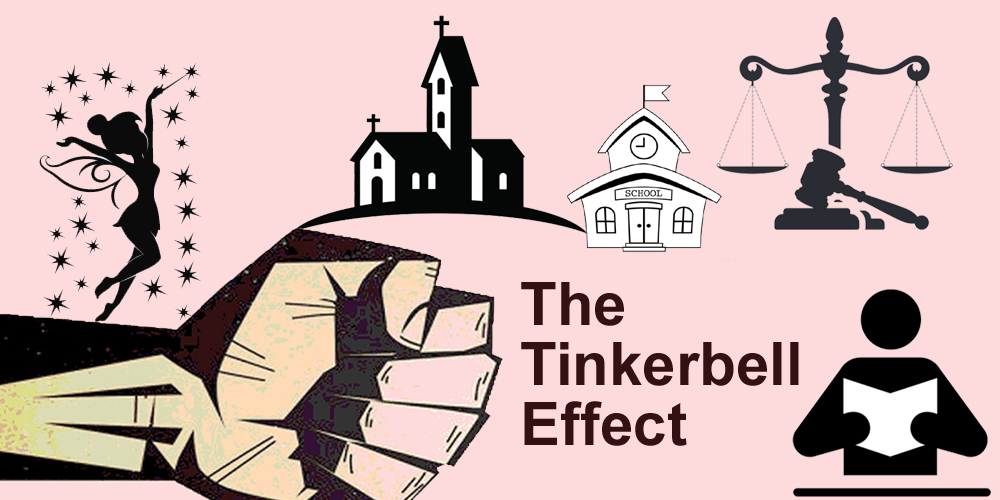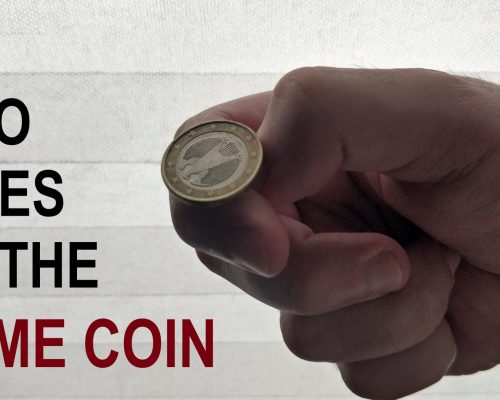Last night I listened to another podcast that I believe is worthy to pass along, although it is a lengthy conversation to listen in on. The thing I like about Benjamin Boyce’s podcast style is not only his selection of guests but the very real conversational nature between 2-3 people.
This is not a sound bite conversation, and, to some degree this one in particular may be more difficult for those who have no real knowledge of what is going on in this realm to fully absorb. Yet, I do invite those who care deeply about the health of children, young adults, families and the world to carve out some time to get your feet wet with this one.
I like to listen to talks like this in the evening, sometimes with a lap project. Another time I might set aside is while I work in the kitchen, paint or am driving. Whatever time you can carve out, I think it is very important to keep informed on these matters.
I think many don’t fully buy in to what we are all being sold, but there is fear. This fear is deliberate and intentionally crafted. No one wants to be labeled as hateful, or worse.
When I share such links, I try to pick out a few of the most interesting points, in hopes of convincing at least one of my very few readers here to give something their attention, if at all possible and if one is willing.
Often times the beginning of my realization of the particularly engaging (worthy of sharing) qualities of a talk is when I find myself latching on to phrases/ideas heard that would first of all make a good title for my blog piece.
And then, there are concepts, statements and facts I may take note of.
For this talk, my potential title notes were the following, in this sequence:
- If You Don’t Give Them What They Want, They Will Kill Themselves or Commit Homicide (I have re-listened to the first 30 minutes and can’t locate this part to confirm this verbiage; I believe it was from one of several other shorter talks I listened to shortly before that which is the subject of this piece. I still include it because it was a quite striking statement.)
- The Tinkerbell Effect
- Do Less Harm
All three of the potential titles came from sections of discussion in which those words were put forth as commentary.
I had made a note that around minute 15:51 Eliza raises an interesting idea, wondering what would happen if someone was permitted to make all the cosmetic changes to become the opposite sex but no one was required to affirm or play along. (That is my summary, she puts it all so much better and specifically). She says something along the lines of, “The extent to which it is true seems to be the extent to which people play along,” and then makes reference to the “Tinkerbell Effect.”
Basically, part of this conversation is about the requirement of others to play along with fiction, and the increasingly radical array of penalties-in-progress of imposition for various for non-compliances.
There is a good amount of talk about WPATH in this episode and in fact, the first podcast I listened to/was introduced to the perspectives/research of Eliza Mondegreen was this piece. It was in that piece I also first heard of WPATH. This has been a good number of months ago, and just when I think I’ve heard or considered about all one can take in on the subject, I learn something new or deeper.
This stuff is intentional, and it will not be properly dealt with/protected from without intentional awareness and intentional decision-making across both the macro-scale of policy response and the micro-scale of our individual response.
I had not heard of Stell O’Malley, and thought it of noteworthiness that toward the end of this talk she indicates she has an upcoming book coming out which will look at the deep damage to parents that gender ideology has been inflicting. In my brief note I jotted, “Parents and what has happened to them,” which is probably very close verbiage to her description of the work.
Thank You For Reading
Please Feel Free To Express Your Thoughts Below





Lynn Moyer
April 4, 2023Well, I listened to the entire podcast. The interviewer did a fair job in questioning despite his sensational tittle. I’m not sure if he wanted or needed to appear unbiased, but I appreciated his efforts. The guests were a bit unnerving. The constant giggling and flippant remarks over such a serious matter were infuriating and didn’t help their stances or desire to be taken seriously. Frankly, my experiences in this realm, professionally and personally, are very different from theirs. Nonetheless, I felt they made some salient points, and I am not a fan of the AMA or pharmaceutical industry. But they spoke in sweeping blanket statements that I find untrue. And geez, the gleeful cackling combined with bouts of bitterness were jarring. I looked up Stella’s organization. Their statements of who they are and what they stand for didn’t jive with her presentation and were misleading. I looked up Eliza as well but couldn’t find much beyond substack and social media. She appears and acts very young, which I was also when getting my graduate degrees, so she has time to hone her presentation skills. Not sure about Stella, who as a psychotherapist should understand tone and body language. Even the picture Boyce has up for the podcast has her holding back laughter. Not a fan. If one can get past all that to the substance of their discussion, there is food for thought. I certainly didn’t agree with or appreciate their quickly acknowledged but brushed off mention of the very real fear the Trans community has regarding current and future persecution. I also looked up the incident Eliza mentions repeatedly, at McGill U. Her perception belongs to her, and should be supported. No one should feel threatened or intimidated at a public gathering. There is also the story from other perceptions, as is always the case, which doesn’t excuse her being pushed around.
eileenslifer
April 4, 2023Thank you, Lynn, for taking the time to listen to the entire podcast and especially, for taking time to comment. I really do appreciate that. I also appreciate that people will have varied jarring responses not only to this particular talk but in general, we all respond to many things based on our own thoughts, belief systems, experiences, and more. I find it interesting that your observation/interpretation of joking/cackling/gleeful leapt out to you as you described. I did not experience any of that in a negative way, since I generally agree with the three of them.
However, I could use very similar (or many times over) language to describe that same visceral response when I’ve listened to those who hold opposing views (on TikTok, podcasts, in the news, etc). I find it all very jarring. I think this goes to how polarizing this issue is; and I suppose I’ve been on both sides of it now.
Personally, when I have been one way and something pushes me to make an about-face, I seem to do the rebound quite strong and with decisive clarity. It’s like I can’t unsee it. It’s like the typical “P” part of my Meyers-Briggs profile turns “J” – and when I “J” on something, it is quite strong. But again—to the amounts of remarks made in the talk between the three, I’m certain that if it was three conversing from the other view it also would have been sprinkled with things I would perceive as “cackling” or insensitive.
That said, I just want to acknowledge/respect that you speak from your own professional and personal experiences, as you stated.
I am glad to hear in what you wrote that if one can get past these reactions to these three, there is food for thought and salient points. I feel I’ve written in length to yours here, so I want to pause before I would comment more on some of your other specifics and give space for you to respond, if that makes sense! I do appreciate dialogue and it can be a slow thing, here, and should be, perhaps.
Days are full and there is no rush to respond; it is always good to think through things.